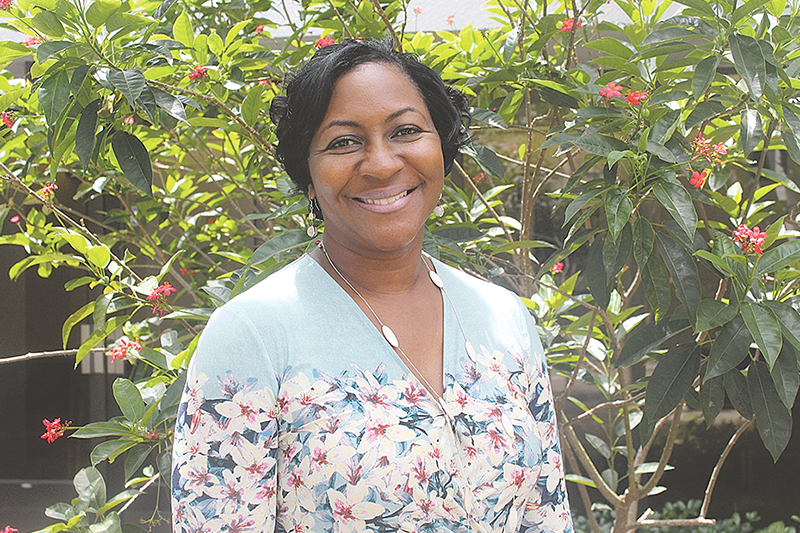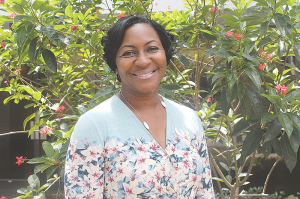Tamara Felton-Howard is the president of Felton-Howard Law, P.A. located in St. Petersburg. She practiced law since 1998 after her admission to the Florida Bar.

 She is a cum laude graduate of Florida A&M University’s School of Business and Industry; Stetson University College of Law with a Masters of Business Administration and Juris Doctorate degrees and the University of Miami where she earned a Master of Law in Real Property Development Law.
She is a cum laude graduate of Florida A&M University’s School of Business and Industry; Stetson University College of Law with a Masters of Business Administration and Juris Doctorate degrees and the University of Miami where she earned a Master of Law in Real Property Development Law.